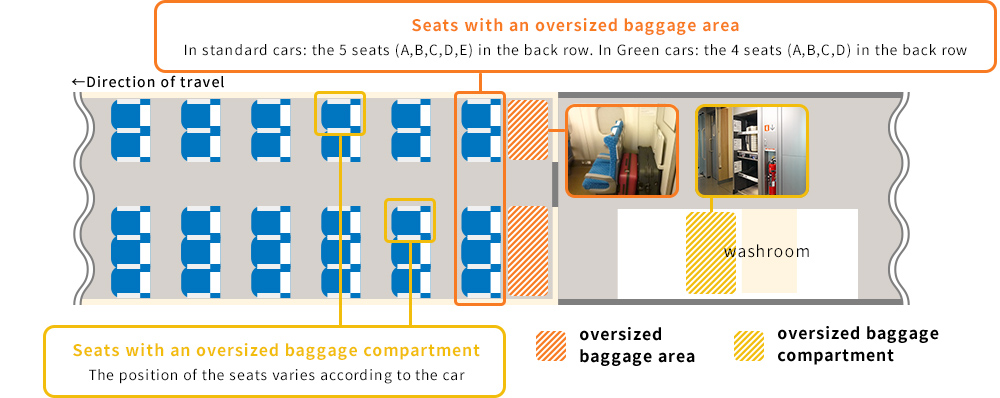My Thai Cooking Class Experience in Bangkok – A Delicious Adventure I’ll Never Forget – To travel is to live! >>0;M=b;N=(a-b)/4294967296>>>0}function Ga(a){if(a>>0;N=b>>>0}else Fa(a)}function Ia(a,b){b>>>=0;a>>>=0;if(b24|b>16&65535,a=(a&16777215)+c*6777216+b*6710656,c+=b*8147497,b*=2,a>=1E7&&(c+=a/1E7>>>0,a%=1E7),c>=1E7&&(b+=c/1E7>>>0,c%=1E7),c=b+Ja(c)+Ja(a));return c} function Ja(a){a=String(a);return”0000000″.slice(a.length)+a}function Ha(a,b){b=~b;a?a=~a+1:b+=1;return[a,b]};var Ka=/^-?([1-9][0-9]*|0)(.[0-9]+)?$/;var O;function La(a,b){O=b;a=new a(b);O=void 0;return a} function P(a,b,c){a==null&&(a=O);O=void 0;if(a==null){var d=96;c?(a=[c],d|=512):a=[];b&&(d=d&-16760833|(b&1023)=1024)throw Error(“pvtlmt”);d=d&-16760833|(b&1023)1024)throw Error(“spvt”);d=d&-16760833|(b&1023)2]+b[(a&3)>4]+h+d}a=c.join(“”)}return a}}return a};function Na(a,b,c){a=Array.prototype.slice.call(a);var d=a.length,e=b&256?a[d-1]:void 0;d+=e?-1:0;for(b=b&512?1:0;b=c))return a[b]} function Ua(a,b,c,d){if(c===-1)return null;var e=b>>14&1023||536870912;if(c>=e){if(b&256)return a[a.length-1][c]}else{var f=a.length;if(d&&b&256&&(d=a[f-1][c],d!=null)){if(Va(a,b,e,c)&&ya!=null){var g;a=(g=wa)!=null?g:wa={};g=a[ya]||0;g>=4||(a[ya]=g+1,g=Error(),g.__closure__error__context__984382||(g.__closure__error__context__984382={}),g.__closure__error__context__984382.severity=”incident”,na(g))}return d}return Va(a,b,e,c)}}…









